You might not think of your home as a mouse magnet, but certain everyday smells could be sending out open invitations. Mice have an incredible sense of smell, and some scents we barely notice are strong signals for them to come closer. From pantry staples to trash can odors, there are a few surprising culprits that could be drawing them in.
This doesn’t mean you need to overhaul your entire space—just knowing what to keep an eye (or nose) on can make a big difference. A few small changes can help you avoid uninvited rodent guests, and keep your home feeling a little more secure. Let’s take a closer look at the specific smells mice are most drawn to, and why they matter.
Food Scraps

Mice have a keen nose for leftovers, which can be an irresistible invitation for them, especially when food is not properly sealed or disposed of. Kitchen counters, with crumbs or open trash cans, become hotspots for their nightly raids. Consider storing food in airtight containers and keeping your kitchen clean to deter these pesky invaders. A regular cleaning routine will help minimize any food scent trails that might attract unwanted guests. Even outdoor compost piles can be a beacon for mice, so ensure they are secured properly to prevent them from becoming a rodent buffet.
Vanilla Extract

Vanilla extract, with its sweet and inviting scent, might remind you of fresh-baked cookies, but it also lures mice. These rodents have a keen sense of smell, and the sweetness of vanilla beckons them like a siren’s call.
Imagine a mouse scurrying across your kitchen counter, drawn to the aroma wafting from a recently used bottle. This common baking ingredient can be overlooked as a potential attractant. By storing it securely, you can minimize the chances of an unexpected mouse encounter.
Ensure your kitchen remains off-limits to these uninvited guests by keeping vanilla extract well-sealed and out of reach.
Fresh Bread
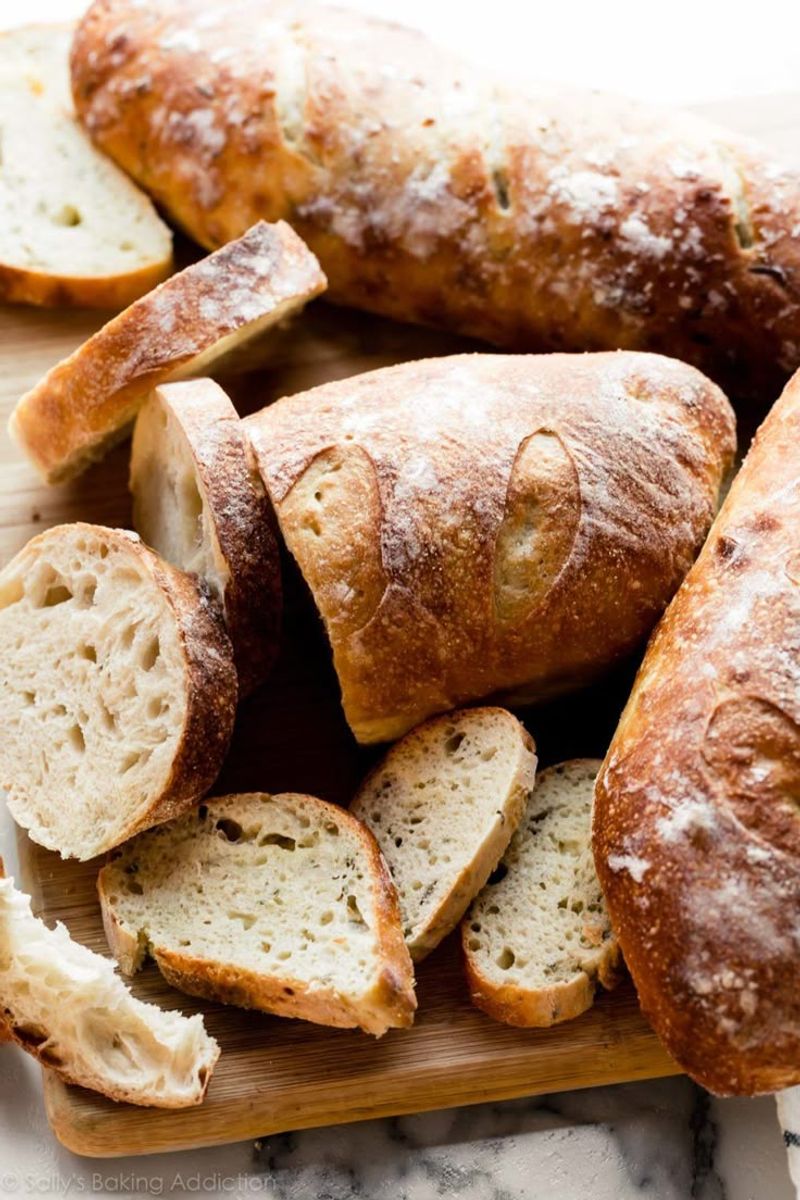
The aroma of fresh bread is delightful to most humans, evoking images of comfort and home. Unfortunately, mice find it equally irresistible. The scent of yeast and warm dough can act as a beacon for these small creatures.
Picture a mouse following its nose through the kitchen, drawn by the wafting fragrance of a freshly baked loaf cooling on the counter. This alluring scent can travel far, inviting mice from neighboring areas.
To deter them, consider storing bread in airtight containers or bread boxes, ensuring the smell doesn’t linger in the air.
Pet Food
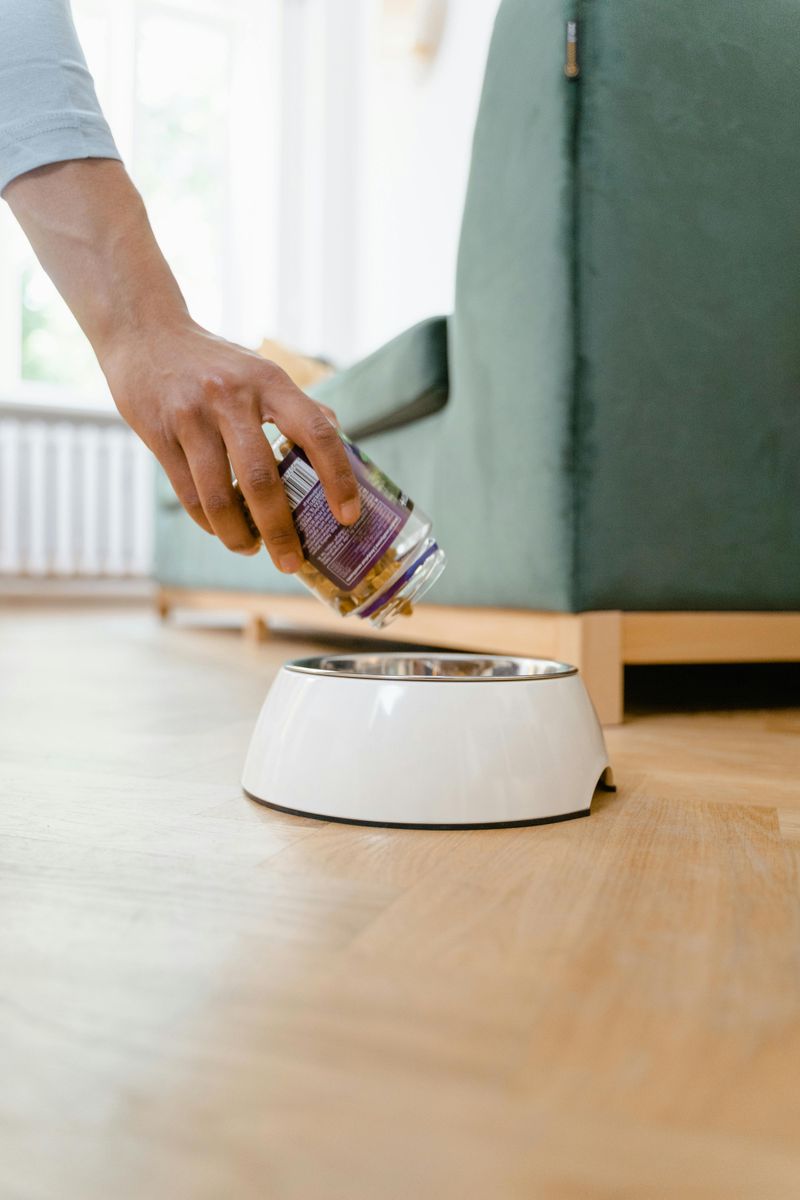
Leaving pet food out in the open is akin to setting a feast for mice. They are drawn to the rich aromas and nutrients found in pet food, making it a top attractant. Feeding your pets indoors and storing their food in sealed containers can help minimize this risk. Unattended pet food on porches or in garages can become an open invitation. Additionally, be mindful of feeding schedules and clean up any spills immediately. This simple change in habit can significantly reduce the chances of mice finding their way to your home, drawn by the scent of pet meals.
Peanut Butter
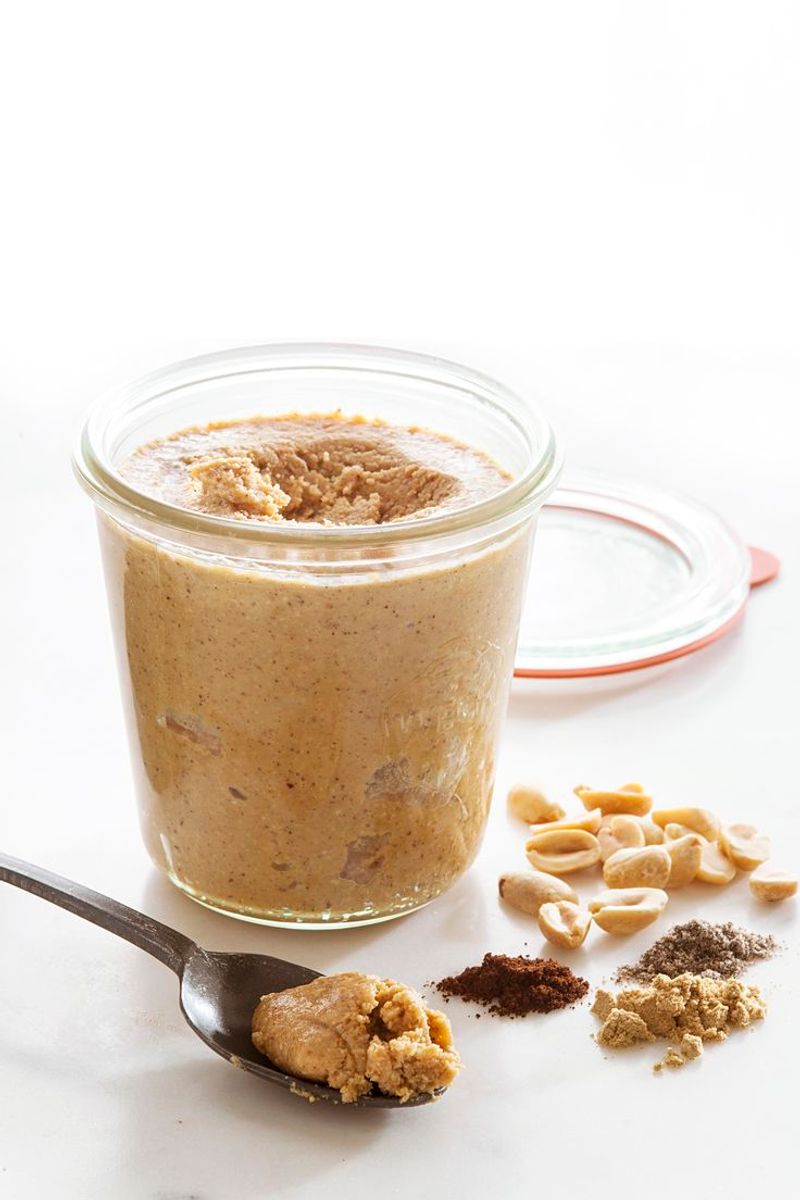
Peanut butter isn’t just a childhood favorite; it’s a classic bait for mice traps due to its strong, nutty aroma. The combination of sweet and savory scents is a potent attraction for rodents.
A mouse’s curiosity is easily piqued by a spoonful left unattended, making it an enticing temptation. While many use peanut butter as bait, it’s crucial to be mindful of where and how it’s used.
Keep jars tightly sealed and stored away from mice-prone areas to prevent unintentional allure into your living space.
Bacon Grease
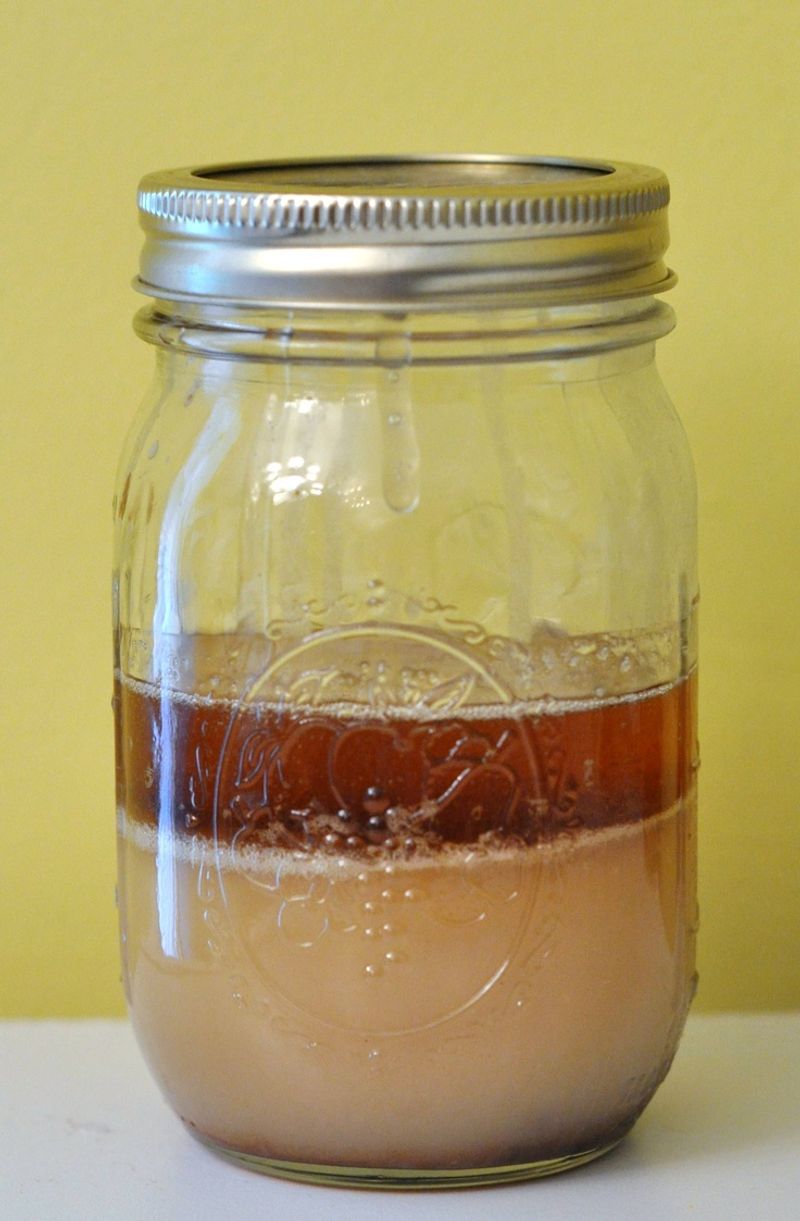
Bacon grease, with its smoky and savory scent, is a surprising attractant for mice. These critters are drawn to the rich aroma that lingers after a hearty breakfast.
Imagine a mouse catching a whiff of bacon grease on a kitchen shelf, leading it to explore further. The scent of cooked meat can be especially appealing, making it crucial to dispose of grease properly.
For a mouse-free home, ensure bacon grease and other cooking residues are cleaned up and stored in sealed containers until disposal.
Cheese

The age-old stereotype of mice loving cheese isn’t just a myth. Its strong odor is appealing to mice, making it a common attractant. If left out, especially in accessible areas like kitchen tables, cheese becomes a mouse magnet. Keeping cheese wrapped and refrigerated will help reduce its potent scent. Moreover, disposing of cheese scraps promptly ensures that these critters aren’t lured by its aroma. While cheese may seem like an obvious attractant, it’s essential to remember that it’s not just cheese but any dairy product that could draw them near.
Spilled Coffee Grounds
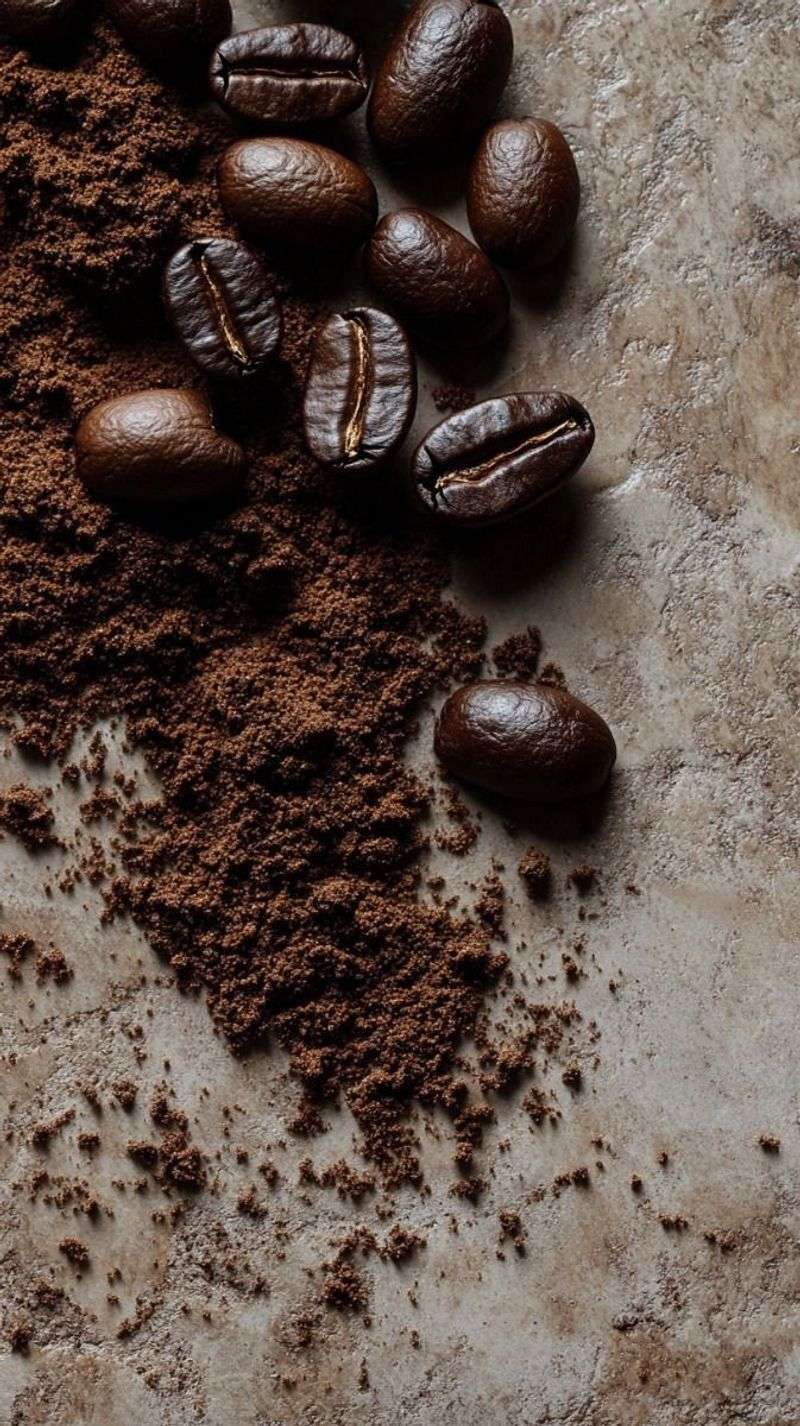
Coffee grounds, rich and aromatic, might energize your mornings but can also captivate mice. The robust scent can act as an unexpected attractant for these critters.
Consider the scenario of a mouse discovering a scattering of coffee grounds on your kitchen floor, its curiosity piqued by the earthy aroma. Although commonly overlooked, this scent can invite mice to investigate further.
To prevent this, clean up spills promptly and store coffee in airtight containers, ensuring the delightful aroma doesn’t become a mouse magnet.
Soap Bars
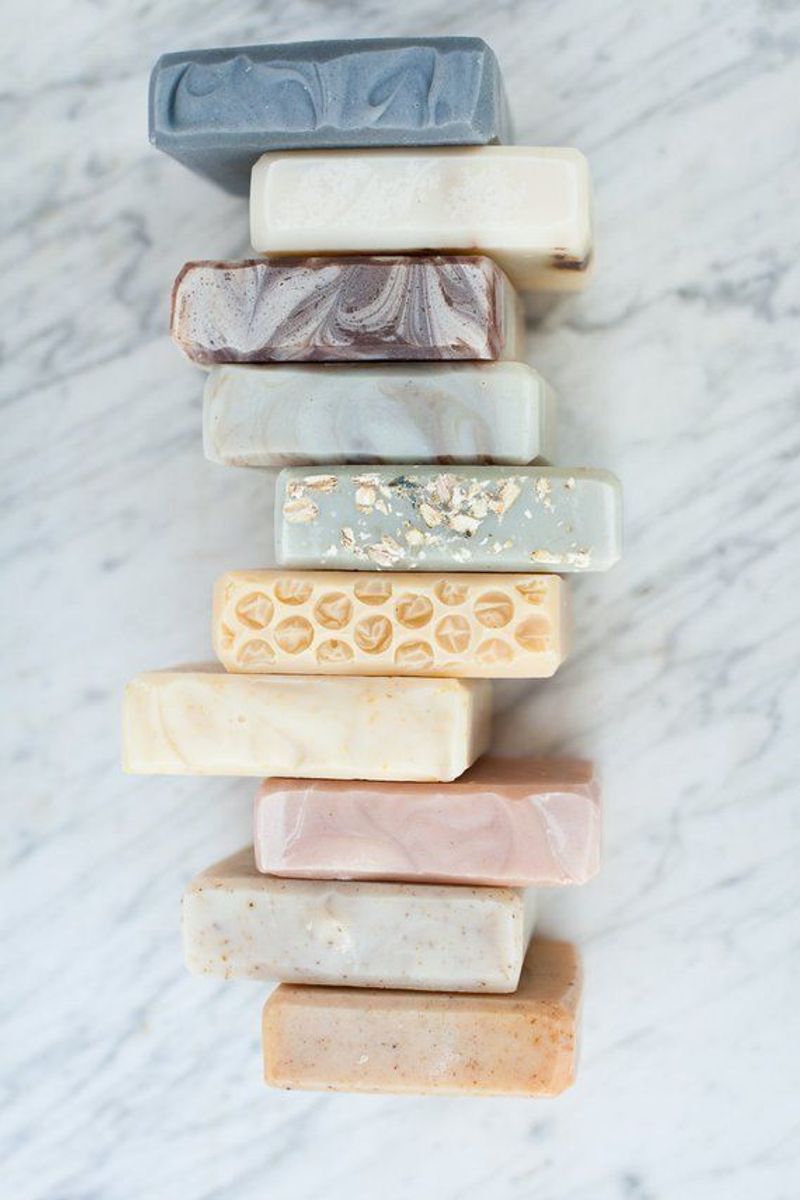
Soap bars, with their varied and pleasant fragrances, might seem like an unusual attractant, but their scent can intrigue mice. The combination of fats and oils in soap appeals to these creatures.
Visualize a mouse sneaking into a bathroom, lured by the subtle, lingering aroma of scented soap. This unexpected attractant emphasizes the need for proper storage.
To keep mice at bay, store soap bars in closed containers or areas less accessible to these tiny intruders, ensuring your bathroom remains a mouse-free zone.
Cereal and Grains
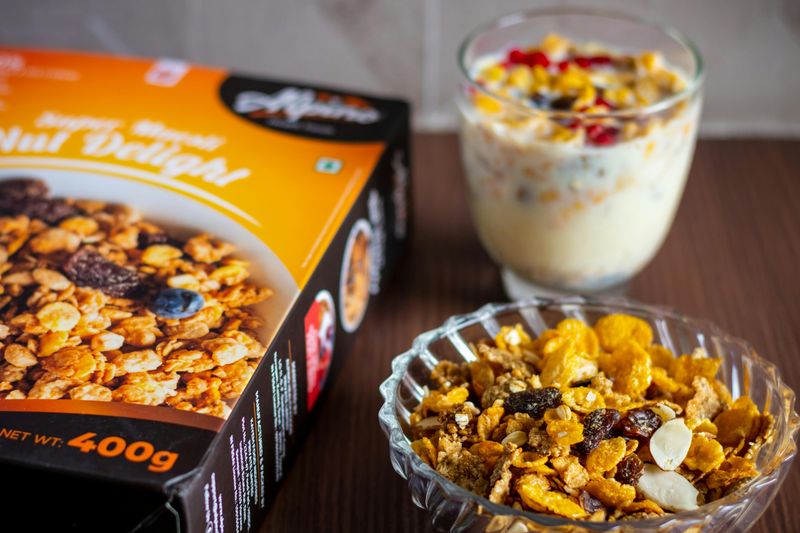
Cereal and grains, with their inviting smell, are like a siren call to mice. These pantry staples are easily accessible if not stored properly. Ensuring cereal boxes and grain bags are sealed tight will help prevent mouse infestations. Consider using glass or plastic containers for added protection. The enticing smell of grains can travel far, leading mice to your food supply. Regularly check your pantry for signs of intrusion and maintain cleanliness to avoid leaving tempting trails. An organized pantry not only keeps food fresh but also deters unwanted visitors.
Bird Seed
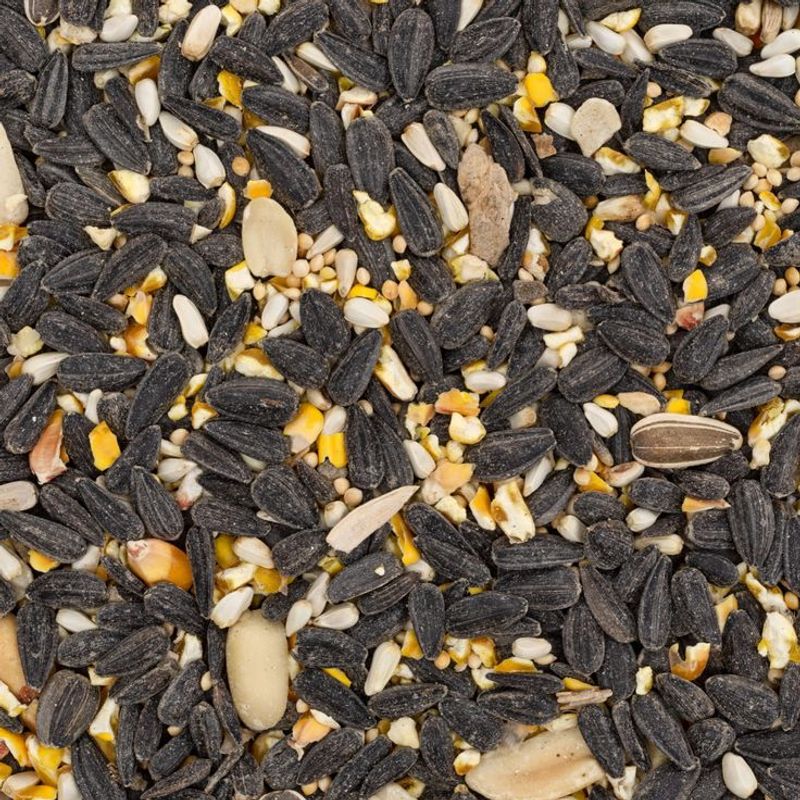
Bird seed, often a mix of grains and nuts, is a potential feast for mice. These rodents are attracted to the rich, nutty aroma and the promise of a plentiful meal.
Imagine a mouse foraging in your garden, its senses leading it to a bird feeder filled with seed. The scent can draw mice from afar, encouraging them to venture closer.
To prevent this, keep bird seed in secure containers and clean up any spills, reducing the likelihood of mice being tempted into your outdoor spaces.
Nuts and Seeds
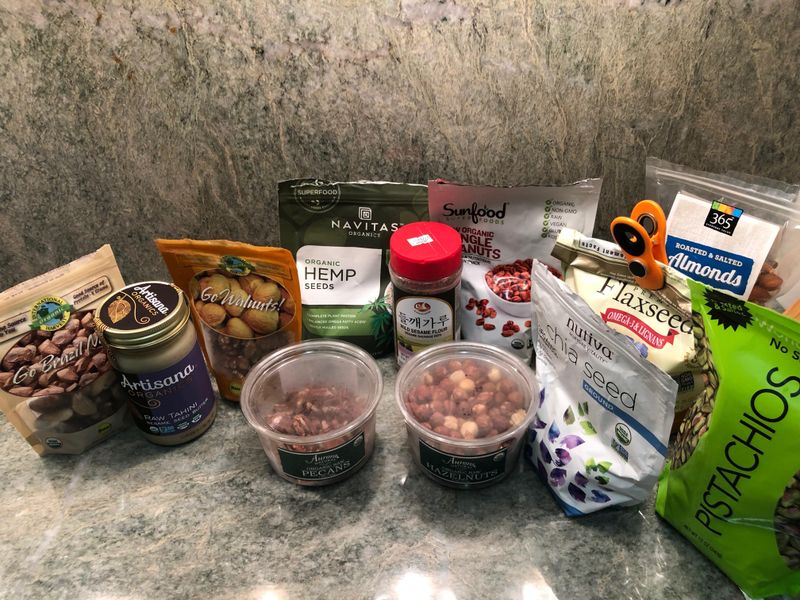
Nuts and seeds are packed with oils and aromas that mice find hard to resist. Whether it’s a bowl left out on a table or an open bag in your pantry, these natural snacks can attract mice from afar. Secure them in airtight containers to keep their scent under wraps. Moreover, be cautious with bird feeders as their spilled content can also lure mice. A little vigilance in how you store and handle these items can make a significant difference in keeping mice at bay. This proactive approach is crucial for maintaining a rodent-free environment.
Sweet Scents

Sweet-smelling items like candles, potpourri, or air fresheners can inadvertently attract mice. These scents mimic the sugary foods that mice are drawn to, increasing the likelihood of them invading your space. Opt for unscented versions to reduce this risk. Meanwhile, be conscious of where you place sweet-scented products and how they might appeal to mice. Regularly inspect storage areas for any signs of mouse activity, especially if sweet scents are prevalent. Being mindful of scent choices can be a simple yet effective strategy in discouraging mice from taking up residence.
Grease and Oil Residue
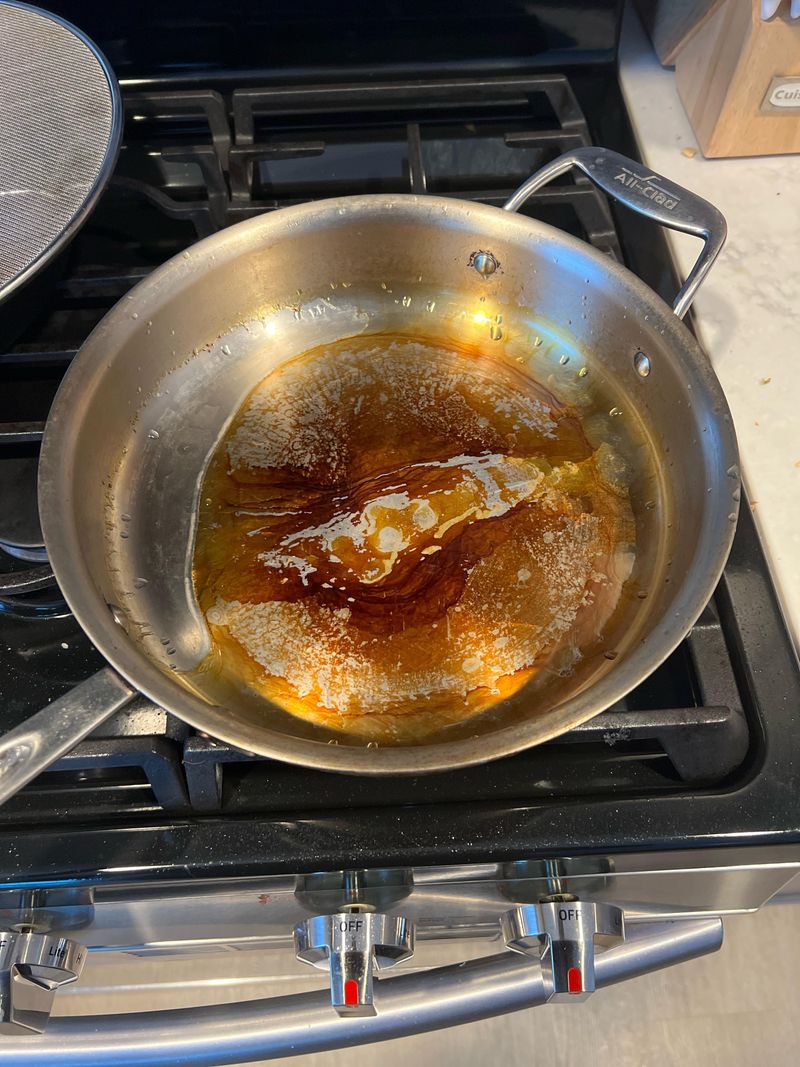
Kitchen grease and oil, often overlooked, emit odors that can be highly attractive to mice. Leftover splatters on stoves or countertops provide not only a food source but also a scent trail for these critters. Regular cleaning of kitchen appliances and counters ensures these smells don’t linger. Addressing spills and residues promptly will minimize their attraction. Pay special attention to areas like stovetops and ovens, where grease can accumulate unnoticed. Cleanliness in these areas is crucial to prevent turning your kitchen into a mouse haven.
Fruits and Vegetables
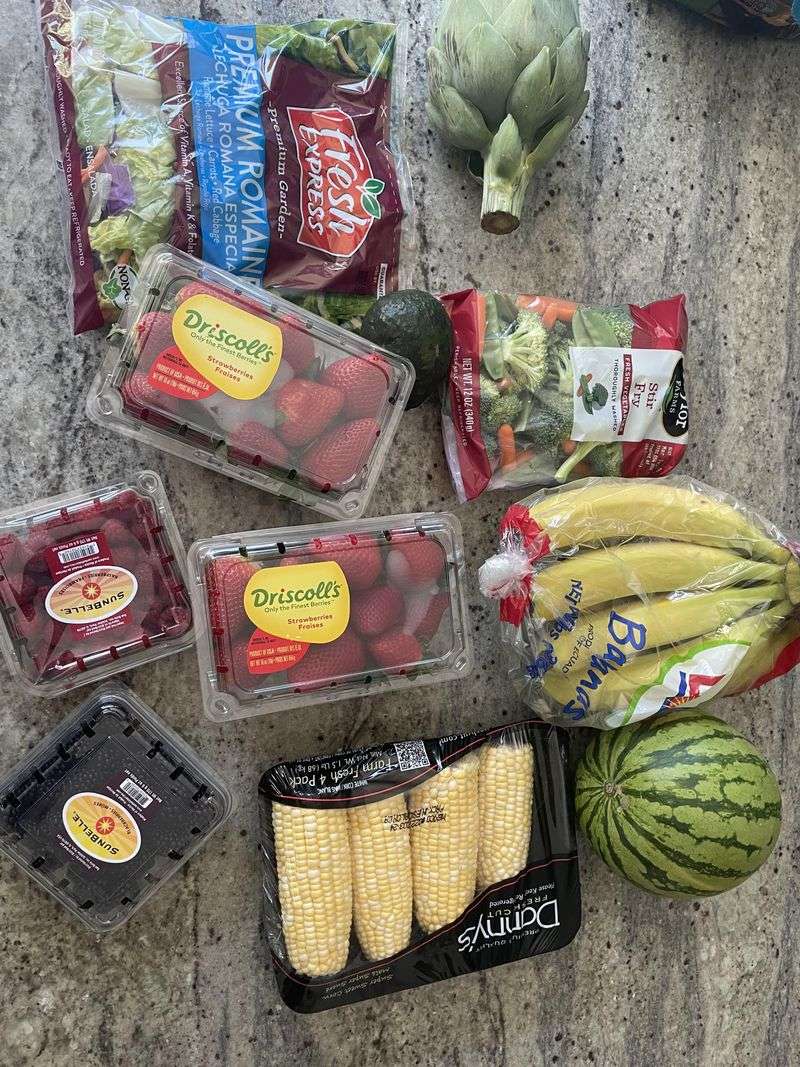
The natural sugars in fruits and vegetables release scents that mice find appealing. A bowl of ripe produce left unattended can be an open invitation. Store fruits and vegetables in the refrigerator or use sealed bags to contain their aroma. Quick action in managing rotting produce is vital, as the fermentation process amplifies scents that attract mice. Revisiting how you store fresh produce can help maintain a mouse-free kitchen. By curating your storage habits, you reduce the chances of turning your kitchen into a rodent’s paradise.

